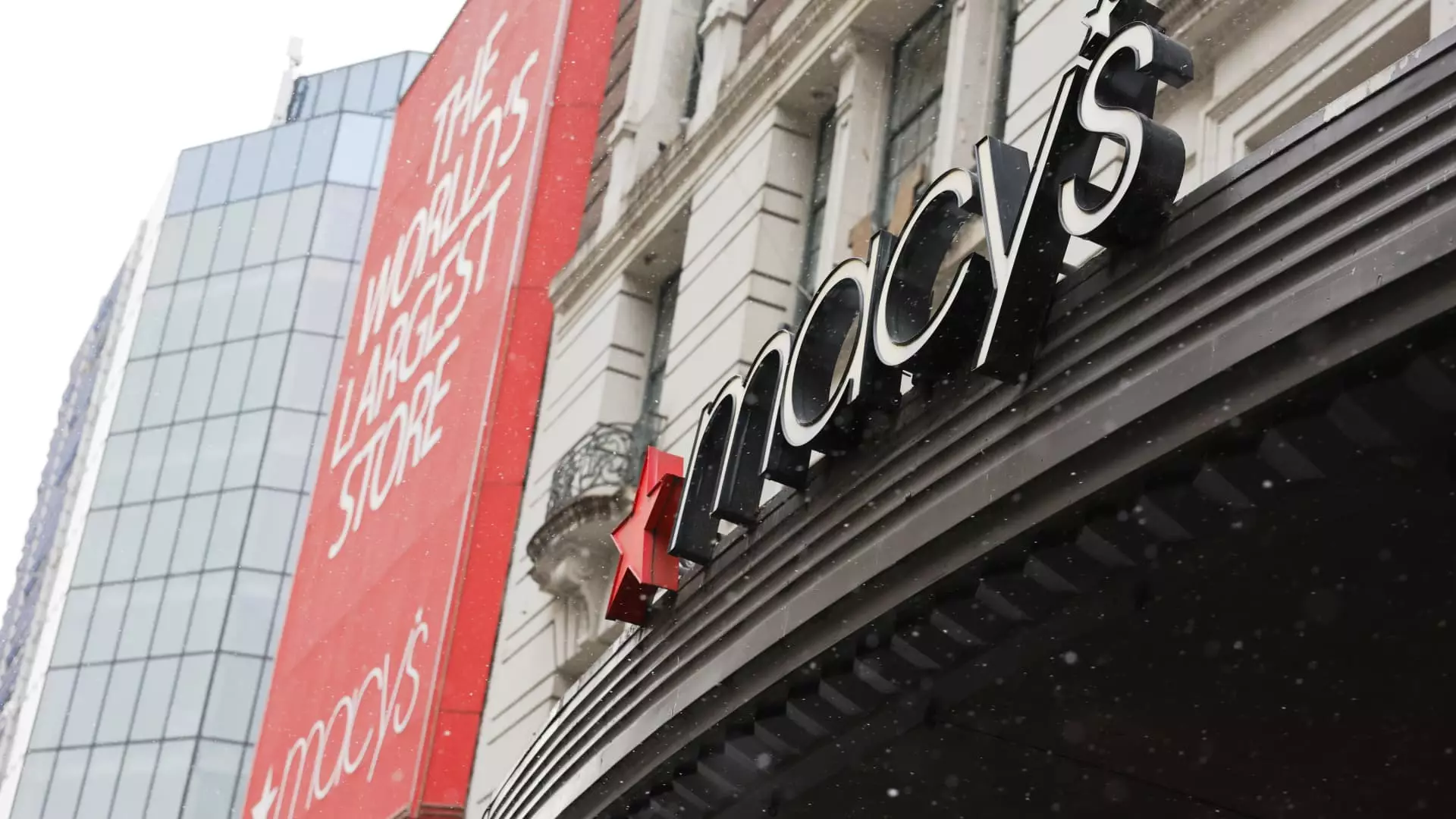Macy’s board announced on Monday that it had decided to terminate negotiations with the activist group seeking to take the retailer private for $6.9 billion. The decision was made unanimously, with the board citing concerns about the certainty of financing and the lack of compelling value in the proposal. Lead independent director Paul Varga expressed the board’s dissatisfaction with the offer in a press release, highlighting the insurmountable questions surrounding the deal.
Arkhouse and Brigade, the parties involved in the attempted buyout, had raised their offer to $24.80 per share in a series of price hikes since the takeover attempt began. Despite Macy’s efforts to provide extensive due diligence information, including store-by-store profit and loss details and leases, the board remained unconvinced of the proposal’s viability. The bidder group was also given access to confidential information to share with potential financing sources, but it was not enough to secure a deal.
Macy’s is currently undergoing a turnaround led by CEO Tony Spring, who took on the role earlier this year. The retailer has announced plans to close 150 namesake stores while expanding its Bloomingdale’s and Bluemercury brands. Additionally, Macy’s is opening smaller locations in suburban areas to attract customers. However, these efforts have been hindered by high inflation and changing consumer preferences, with younger shoppers favoring online retailers and discount stores over traditional department stores.
For the fiscal year, Macy’s anticipates net sales to range between $22.3 billion and $22.9 billion, a decline from the previous year. Comparable sales are also expected to decrease or show minimal growth on an owned-plus-licensed basis. Despite these challenges, CEO Tony Spring remains optimistic about revitalizing the Macy’s brand, pointing to positive sales results at select stores with enhanced staffing and merchandise displays.
Arkhouse and Brigade, the entities involved in the failed buyout attempt, are known for their real estate and retail investments, respectively. While Arkhouse focuses on unlocking value in real estate holdings, Brigade specializes in retail companies like Sears and Neiman Marcus. The bidding group sought to overhaul Macy’s operations while leveraging its real estate assets, a strategy that has been employed by activists in the past to revive struggling department store chains.
Macy’s decision to end negotiations with the activist group signifies the challenges facing traditional retailers in a rapidly evolving market. Despite ongoing turnaround efforts, the retailer continues to grapple with changing consumer behaviors and competitive pressures from online and discount retailers. The failed buyout attempt serves as a reminder of the complexities involved in reshaping legacy brands and the importance of strategic decision-making in the retail industry.

